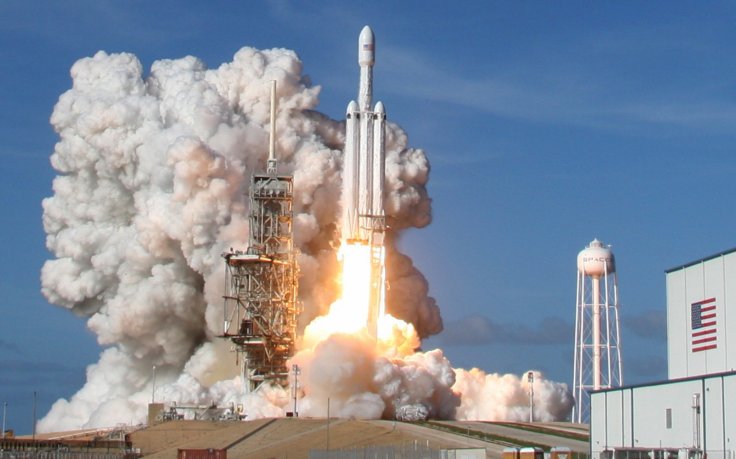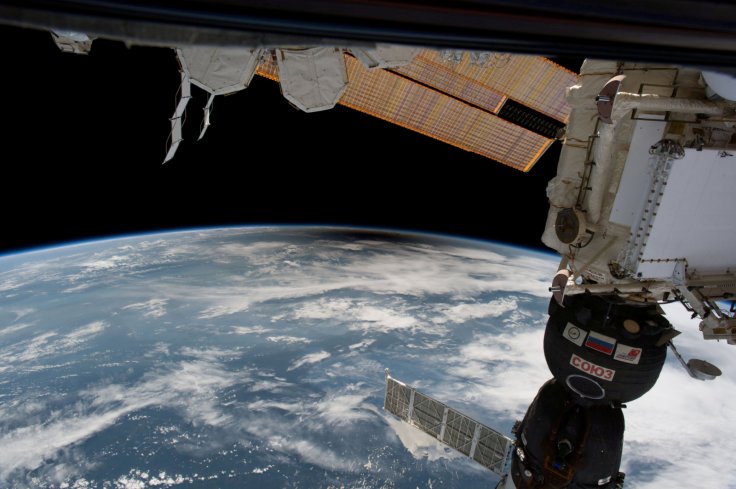A SpaceX rocket will send two American astronauts to the International Space Station (ISS) next month, making it the first launch of NASA astronauts from US soil in a decade and the first manned space mission for Elon Musk's space company.
The US space agency had previously announced its plans to carry out the space mission in May and is sticking to its plan despite the global coronavirus pandemic.
SpaceX's first manned space mission set for May 27
NASA and SpaceX have scheduled the launch of Demo-2 for May 27, NASA announced in a tweet on Friday, marking NASA's first launch of astronauts into space since the end of the Space Shuttle program in 2011 and the first time ever Musk's space transportation company sends human into space.
As the name suggests, Demo-2 will be the SpaceX's second time launching its Crew Dragon capsule to the ISS. However, unlike Demo-1 last year, this time there will be two astronauts on board.

The Demo-2 is slated to lift-off at 4:32 pm EDT from launchpad 39A at the Kennedy Space Center in Florida and will send NASA astronauts Bob Behnken and Doug Hurley to the ISS via the capsule, which will be sitting on the top of a Falcon 9 rocket.
SpaceX is one of two commercial companies NASA has partnered up with to taxi astronauts to and from the ISS. The other company is Boeing, which is developing its own Starliner spacecraft but hasn't launched a crewed mission yet.
One step closer to space tourism

The Demo-2 mission represents a major milestone for Musk's SpaceX in its goal to regularly start flying people to space. The company has been always on the forefront launching spacecraft, satellites and cargo which started since its founding in 2002 but never humans, professional astronauts or otherwise.
Last month, Space X announced it would start ferrying tourists to the ISS sometime in late 2021 on its Falcon 9 rockets and its Crew Dragon spacecraft. The tourists will spend two days travelling to and from the orbital space station and spend at least eight days on board.
Each ticket will cost around $55 million, and there are three seats available, out of which one has already been sold. NASA also announced last year that it would start opening up the ISS to more commercial activities like space tourism.









